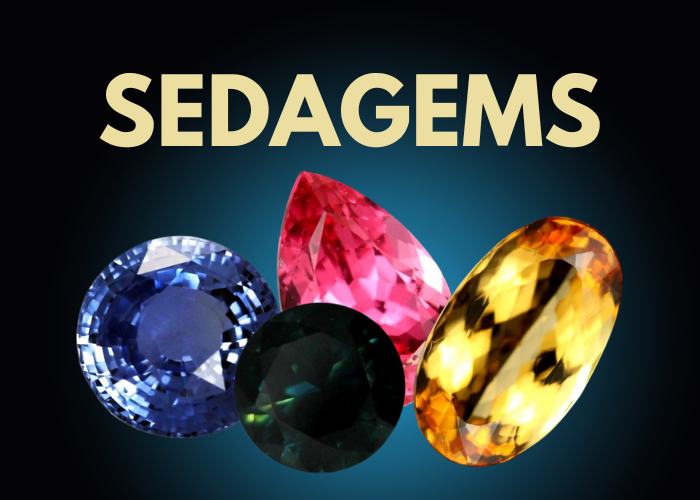ANCIENT GLASS BEAD FROM AFGANISTAN-DRILLED 4.05CTS MX 4477
- 存貨單位
- 尺寸(毫米)
- 10 x 10 x 4mm
- 重量 (cts)
- 顏色
-
ANCIENT ROMAN GLASS
This is a stunning glass bead specimen which is between 700 to 3000 years old.Thousands of years ago, the Romans came to Afghanistan to trade glass and teach the art of glass making. Buried for centuries, the discarded chunks had been thrown into a pit for recycling, a common practice in ancient times, but instead were forgotten.It was just recently re found.This piece we selected for its stunning colour-ideal as a centre piece in a necklace or kept a as a specimen.It should not be used where there is excessive rubbing.
Drilled
Weight 4.05 cts app
Size 10 x 10 x 4 mm app
COLOUR-where does it come from.?
The brillant colours come from a chemical reaction from the glass when left in the soil for ions.We have a similar result in the opal fields in Lightning ridge Australia as when a bottle is left for years there are some faint opal like colours appear-but it is nothing compared to the brillant colours from this ancient glass.The sands used to manufacture ancient glass contained manganese and iron ore impurities which over centuries gives unique colours to the glass when left in the ground. The sands also contained sulphurs and glass blowers added minerals to colour enhance these glass vessels.They added red by mixing copper, and lead.
| 運輸商 | 運送至:國家 | 運送到世界其他地區 | 聯合運輸( 澳洲 ) | 聯合運輸(世界其他地區) |
|---|---|---|---|---|
| FedEx |
|
|
|
|
| Registered Shipping |
|
|
|
|
- 存貨單位
- 尺寸(毫米)
- 10 x 10 x 4 mm
- 重量 (cts)
- 顏色
-
ANCIENT ROMAN GLASS
This is a stunning glass bead specimen which is between 700 to 3000 years old.Thousands of years ago, the Romans came to Afghanistan to trade glass and teach the art of glass making. Buried for centuries, the discarded chunks had been thrown into a pit for recycling, a common practice in ancient times, but instead were forgotten.It was just recently re found.This piece we selected for its stunning colour-ideal as a centre piece in a necklace or kept a as a specimen.It should not be used where there is excessive rubbing.
Drilled
Weight 4.05 cts app
Size 10 x 10 x 4 mm app
COLOUR-where does it come from.?
The brillant colours come from a chemical reaction from the glass when left in the soil for ions.We have a similar result in the opal fields in Lightning ridge Australia as when a bottle is left for years there are some faint opal like colours appear-but it is nothing compared to the brillant colours from this ancient glass.The sands used to manufacture ancient glass contained manganese and iron ore impurities which over centuries gives unique colours to the glass when left in the ground. The sands also contained sulphurs and glass blowers added minerals to colour enhance these glass vessels.They added red by mixing copper, and lead.
| 運輸商 | 運送至:國家 | 運送到世界其他地區 | 聯合運輸( 澳洲 ) | 聯合運輸(世界其他地區) |
|---|---|---|---|---|
| FedEx |
|
|
|
|
| Registered Shipping |
|
|
|
|
-
 積極的
積極的Beautiful piece/
-
 積極的
積極的Nice piece of jade.
-
 積極的
積極的Will make a beautiful necklace.
-
 積極的
積極的Nice colors.
-
 積極的
積極的Great looking piece.








![276.35 CTS LAPIS LAZULI POLISHED -HAND PICKED [STS2321]](https://liveplatforms-production.b-cdn.net/tenants/gr/uploads/images/1605000-1609999/1605729/61515366f0795.jpg?width=480&aspect_ratio=1001%3A1000)
![180.92 CTS LAPIS LAZULI POLISHED -HAND PICKED [STS2314]](https://liveplatforms-production.b-cdn.net/tenants/gr/uploads/images/1605000-1609999/1605564/61513e4646ed2.jpg?width=480&aspect_ratio=1001%3A1000)

